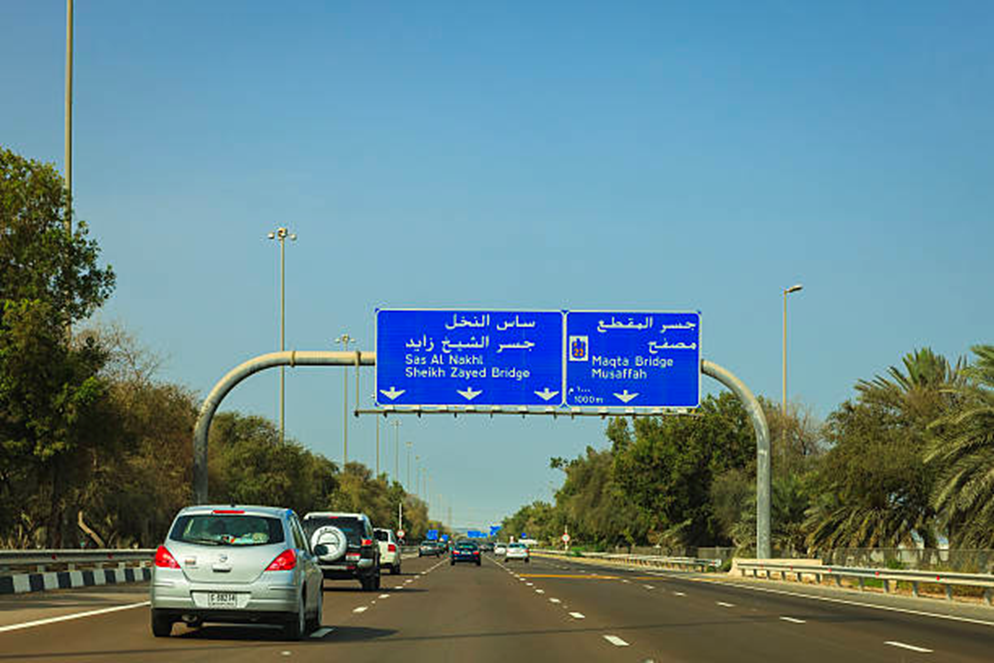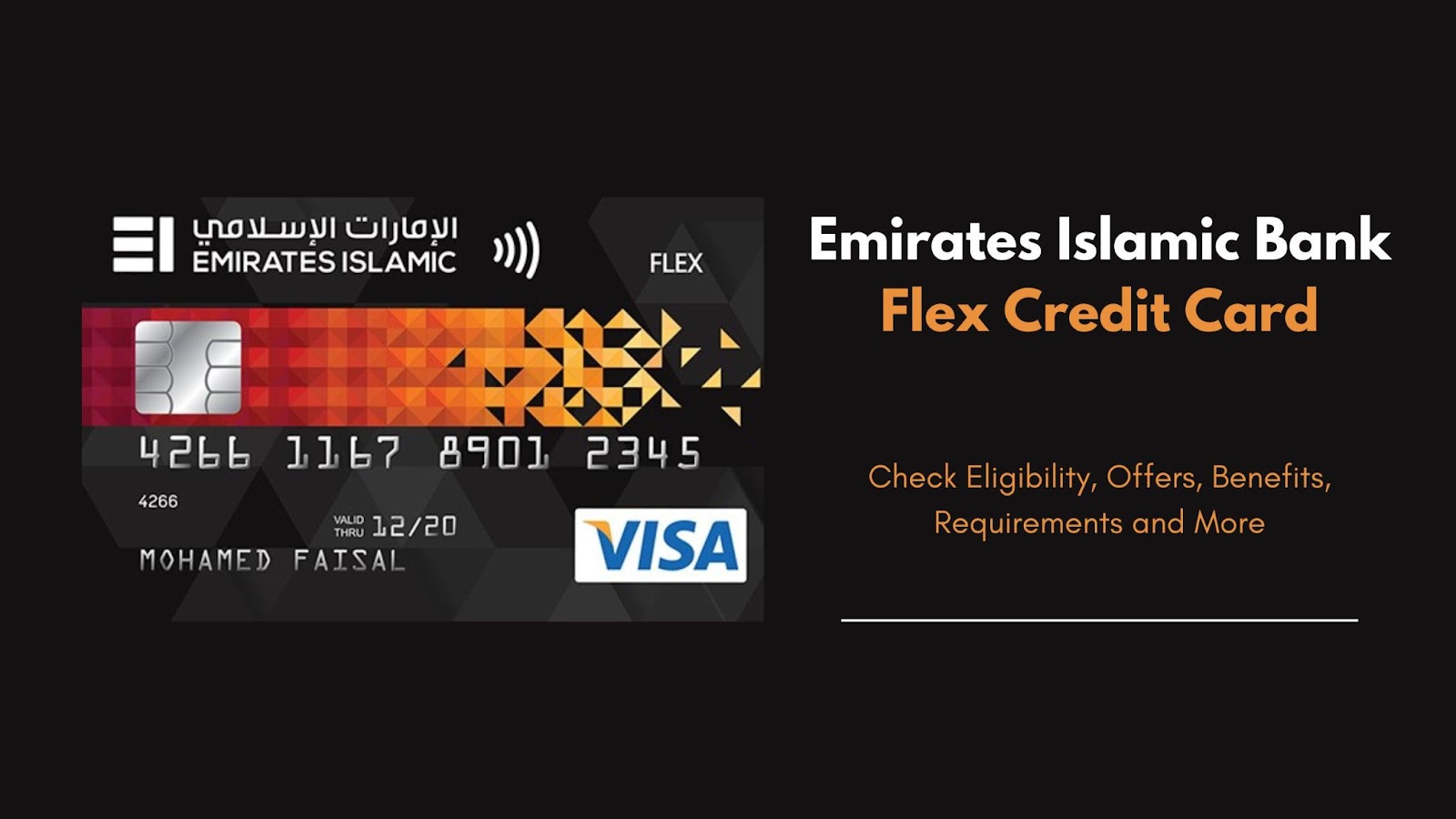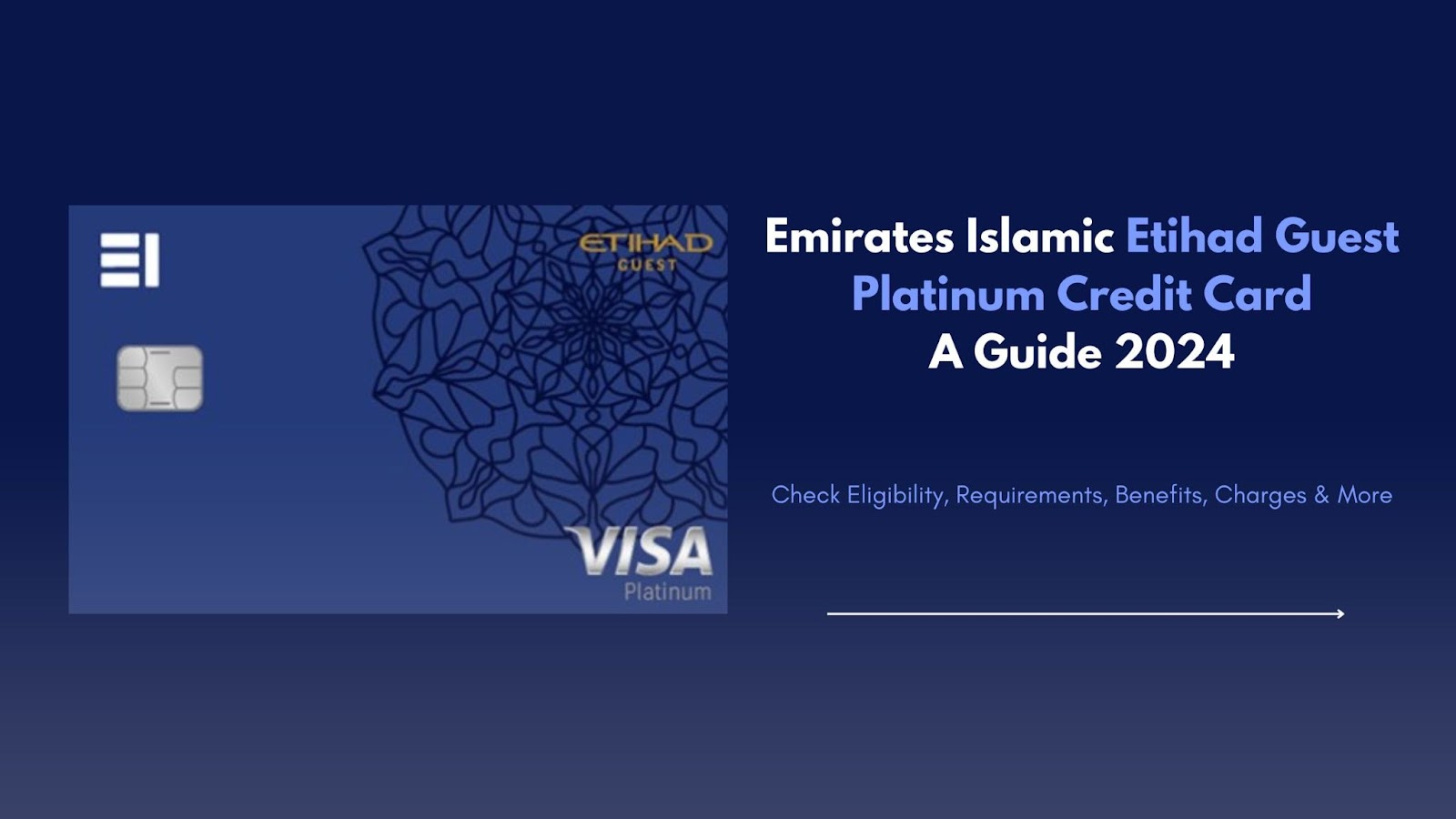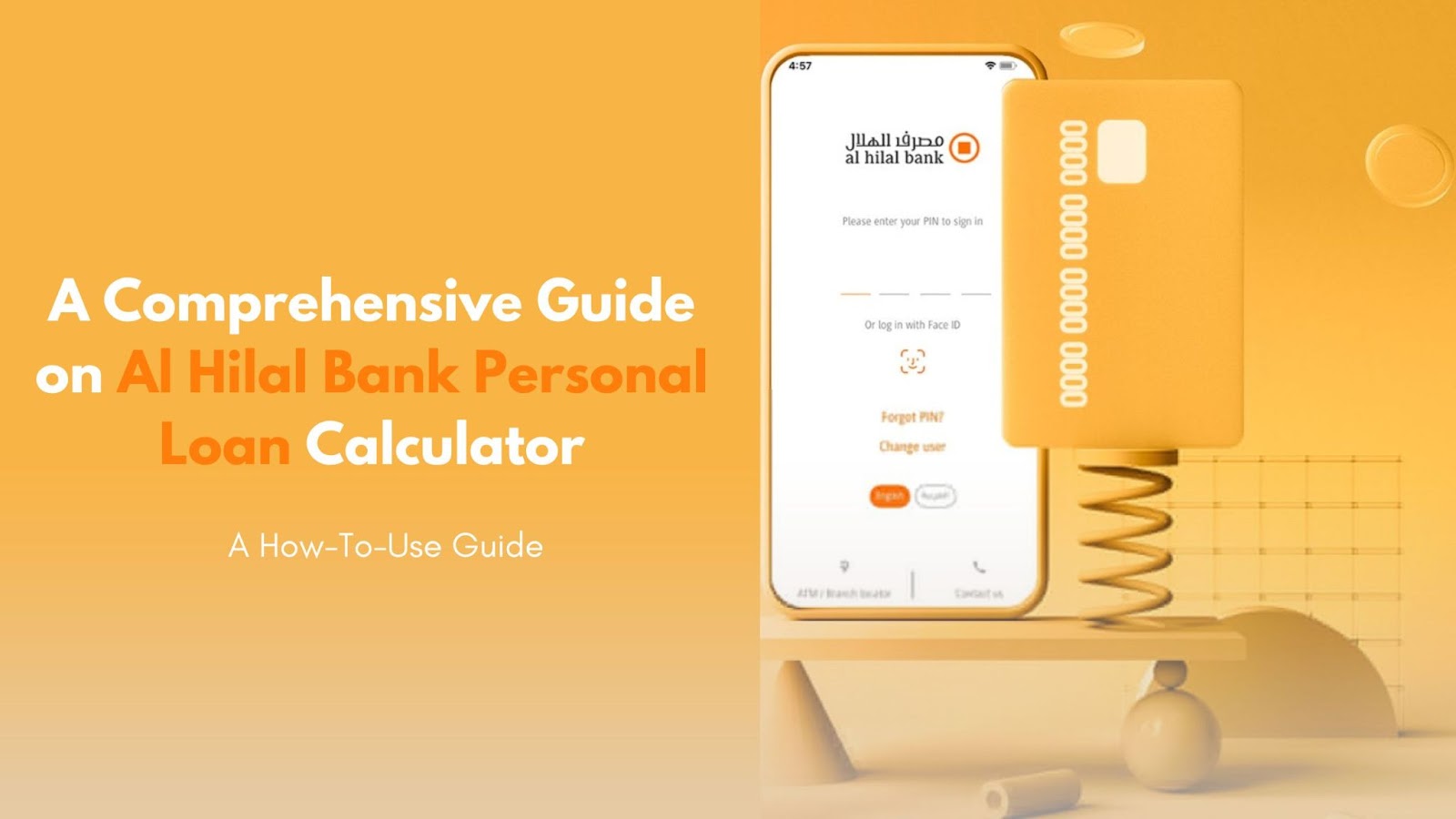Knowing and understanding traffic road signs is super important when you’re driving, no matter where you are. And in Dubai, it’s just as crucial. Traffic road signs in Dubai are like little messages from the city to help you know what to do and how to drive safely.
They tell you things like where to go, when to stop, and how fast you should drive. It’s like a secret code that helps drivers know the rules of the road.
In this article, we’re going to unlock that secret code and discover what each traffic road sign means in Dubai. It’s like going on an adventure to uncover the hidden meanings behind the signs. By the end, you’ll be a pro at understanding the signs and be able to drive confidently and responsibly on Dubai’s roads.
Overview of Traffic-Road Signs in Dubai

Have you ever noticed those traffic signs you see on the roads when you’re driving or walking?
They’re like pictures that tell us important things. They help us know what we should do and how to stay safe. Aside from that, these traffic signs are really important because they help everyone on the road understand what’s going on.
Think of traffic road signs as particular messages that keep us all safe and make sure everything goes smoothly. In fact, they help us know what to expect and how to make good choices when we’re driving or walking. When we follow these signs, we can be sure that we’re doing the right thing and keeping ourselves and others safe.
That is why it is super important to pay attention to these road signs because they help us stay safe, follow the law and avoiding Dubai police traffic fines. When we see a sign, it’s like getting a helpful tip that tells us what to do. It helps us make smart decisions and be responsible when we’re on the road.
Categories of Road Signs in Dubai

Regulatory Signs
There are some special signs on the road that tell drivers what they should and should not do. These signs help control the way people drive and make sure everyone stays safe on the road.
- Stop Sign: This sign is octagonal and has a red background with white letters. It requires drivers to come to a complete stop at the designated line or intersection before proceeding further.
- Yield Sign: A triangular sign with a white background and red border, the yield sign indicates that drivers must give the right-of-way to oncoming traffic or pedestrians at a specific intersection or merging point.
- Speed Limit Sign: Speed limit signs would show the maximum allowed speed for a particular road section. They are usually circular with a white background and black lettering. To maintain the safety of the road, motorists must follow the set speed limit.
- No Entry Sign: This sign features a circular red symbol with a white background and a red line across it. It prohibits entry into a specific area or road segment and indicates that drivers are not permitted to proceed in that direction.
Warning Signs

There are special signs on the roads that warn drivers about different things they need to be careful about. These signs help drivers know what to expect and make sure they drive safely.
- Curve Ahead Sign: It tells drivers that the road is going to bend or curve soon. When drivers see this sign, they should slow down and be ready for the road to change direction.
- Pedestrian Crossing Sign: This sign has a picture of a person walking and tells drivers that there is a special place where people can cross the road. When drivers see this sign, they should be very careful, slow down, and be ready to let people cross the road safely.
- Slippery Road Sign: This sign is important when the road is wet or has something slippery on it, like oil or ice. It tells drivers to be extra careful because the road might be slippery. They should go slower and avoid sudden movements that could make them slide.
- Animal Crossing Sign: This sign is a warning that animals might be crossing the road. It’s common in places where there are forests or fields. Moreover, drivers need to watch out for animals and slow down so they don’t hit them.
Informational Signs

There are some special signs on the roads in Dubai that are different from the usual ones. These signs give important information and instructions about specific things that can happen while driving.
- Directional Signs: These signs help drivers find their way by indicating the direction to specific locations, such as cities, towns, highways, or tourist attractions. They typically include distance information and arrows pointing in the desired direction.
- Services Signs: Services signs provide information about essential facilities and services available along the road. They include signs for gas stations, rest areas, food outlets, hotels, hospitals, and emergency services. Besides that, these signs help drivers plan their journeys, ensuring they can access necessary amenities when needed.
- Landmark Signs: Landmark signs highlight notable landmarks, tourist attractions, or significant points of interest in the area. They often include symbols or graphics representing the landmarks and can be helpful for drivers who are exploring or interested in visiting specific attractions.
- Exit Signs: Exit signs are placed on highways and major roads to indicate upcoming exits or off-ramps. They include information about the exit number, nearby destinations, or connections to other highways. Aside from that, these signs enable drivers to prepare for upcoming exits and make timely lane changes.
Other Important Road Signs

In addition to regulatory, warning, and informational signs, several other road signs are specific to Dubai. These signs provide essential information and instructions related to specific situations and conditions.
Here are some additional road signs you may encounter in Dubai:
- Toll Signs: In Dubai, there is a system called Salik, where you have to pay a fee to use certain roads or bridges. Toll signs let drivers know when they are coming up to a place where they have to pay. They also tell drivers how they can pay the fee.
- Parking Signs: These signs tell you where you can park your car using Dubai SMS Parking and for how long. They also say that parking is not allowed in certain areas. It’s important to pay attention to these signs so you don’t get in trouble for parking in the wrong place.
- Traffic Cameras: These cameras help make sure people are driving safely and not going too fast. Signs with pictures of cameras remind drivers that they are being watched, so they should follow the traffic rules.
- Road Work Signs: Signs for road work let drivers know when there are construction zones and if they need to take a different route. These signs are important because they keep both drivers and construction workers safe.
- Emergency Services Signs: These signs help drivers find places like fire stations, police stations, and hospitals in Dubai in case of an emergency. If you ever need help, these signs can guide you to the closest place where you can get it.
Road Sign Recognition and Driver Education
Understanding road signs is super important for drivers to stay safe on the roads and follow the rules. Luckily, there are different ways to learn about road signs:
- Driver’s Manuals: These are like special books that transportation authorities or driving schools give to drivers. They have lots of information about road signs and what they mean. By reading these books, drivers can learn about different types of road signs and understand why they are important.
- Online Resources: There are websites and apps that can help drivers learn about road signs in a fun way. They have games, quizzes, and educational stuff that make learning about road signs more interesting. These resources show pictures and explanations to help drivers recognize and understand road signs better.
- Driving Schools: When drivers go to a driving school, they not only learn how to drive but also learn about road signs. These schools have special lessons that teach drivers all about road signs. They learn the theory behind the signs and also practice following them while driving.
By using these resources, drivers can become experts in recognizing road signs and knowing what they mean. This helps keep everyone safe on the roads!
Conclusion
When we drive in Dubai, we see different signs on the road. These signs have special meanings and tell us important things. Aside from that, it is important to understand what they mean, so we can be prepared for any dangers, find our way easily, and make smart choices while driving. Indeed, when we follow these signs, the traffic moves more smoothly, and accidents happen less often.
So, make sure to always pay attention to these signs, learn about them, and do what they say. We can guarantee that if we do this, we can all have a safer and more fun time driving in Dubai together.























